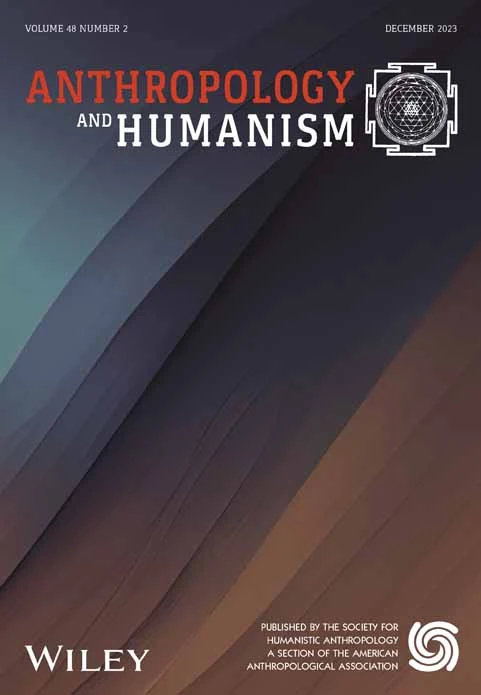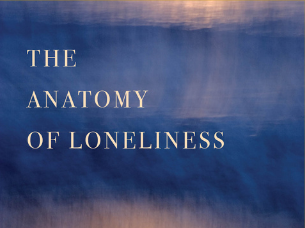
2024 Anthropology Student Awards
The Anthropology Department is pleased to announce our 2024 student award winners! Undergraduate awards were presented at our annual Honors and Awards Ceremony on Friday, April 26th. For award descriptions and past winners, visit our Departmental Awards webpage. We are so proud of our many impressive students. Please join us in congratulating them!
Outstanding Senior Award:
- Eric Li
- Ezra Packard
- Elizabeth Whiteside
Outstanding Junior Award:
- Krishna Sanaka
Marjorie Shostak Award for Excellence and Humanity in Ethnography:
- AJ Jones for her dissertation “Performing the Missing X: Sex, Gender, Disability, and Ambivalent Identity Politics in the United States”, advised by Chikako Ozawa-de Silva and nominated by Bruce Knauft.
- Sasha Tycko for her photographic installation “Ways of the Atlanta Forest”, advised by Anna Grimshaw.
- Galya Fischer for her Capstone project “Side by Side: An Exploration of Accessibility and Anthropological Research”, advised by Anna Grimshaw.
Trevor E. Stokol Scholarship for Undergraduate Research 2024-25:
- Peter Attarian
- Kaela Goldstein
- Kevin Gunawardana
- Sarah Jung
- Lydia King
George Armelagos Award for Excellence in Teaching by a Graduate Student:
- Katy Lindquist
- Sophie Joseph








